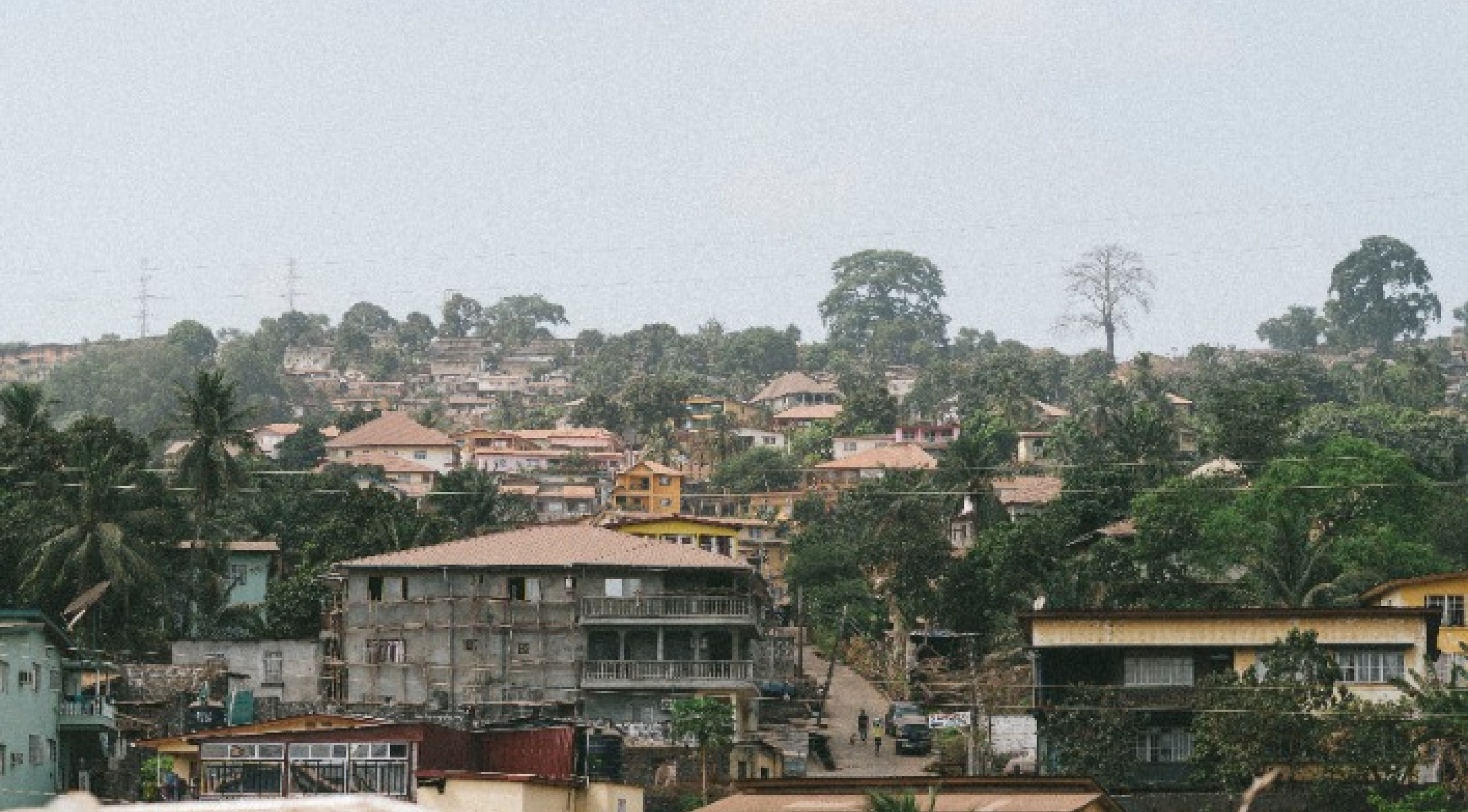Thematic Areas
Following the 2002 civil war, Sierra Leone initiated major decentralization reforms, profoundly affecting its property tax system. The 2004 Local Government Act (LGA) set up a legal framework for establishing and administering local councils, mandating their financing through own-source revenue (including property taxes), central government grants, and service transfers. The Ministry of Finance introduced the Local Government Finance Department (LGFD) to assist these councils. Supported by donor funding, the LGFD worked with city councils like Bo and Kenema to enhance their capabilities in property discovery, assessment, billing, sensitisation, and collection.
Under the 2004 LGA, local councils in Sierra Leone, staffed by local recruits, conduct censuses to identify and map properties. These councils are required to appoint valuers and form assessment committees to compile a property list for valuation every five years. Billing methods vary, with some councils, like Freetown and Kenema, using technology to track payments while others rely on manual delivery of bills. Local councils also conduct collections, and taxpayers can pay through banks or through council revenue collectors, with door-to-door collection practices in places like Bo.
Following reforms in the late 2000s, Sierra Leone’s city councils, including the Freetown City Council (FCC), saw a significant improvement in property tax collection, though challenges with property identification and valuation persisted. Initially using a simple area-based method that often resulted in regressive and inaccurate valuations, the FCC transitioned to a points-based approach. This method assesses properties by assigning or deducting points based on the surface area and other observable features (e.g., high-quality finishing). This new system not only increased Freetown’s property tax potential but also nearly tripled its actual revenue collection. Other councils, including Kenema, are now adopting similar reforms to make their tax systems more progressive and equitable.
Learn more:
- Jibao (2017) : “Chapter 25: Sierra Leone” in Property Tax in Africa. https://www.lincolninst.edu/publications/books/property-tax-in-africa
- Grieco et. al (2019): Simplifying Property Tax Administration in Africa: Piloting a Points-Based Valuation in Freetown, Sierra Leone https://opendocs.ids.ac.uk/opendocs/bitstream/handle/20.500.12413/14799/ICTD_SummaryBrief_19_Online.pdf?sequence=7
- Jibao and Prichard (2016): Rebuilding Local Government Finances After Conflict : Lessons from a Property Tax Reform Programme in Post-Conflict Sierra Leone. https://www.tandfonline.com/doi/full/10.1080/00220388.2016.1153073
Featured Projects
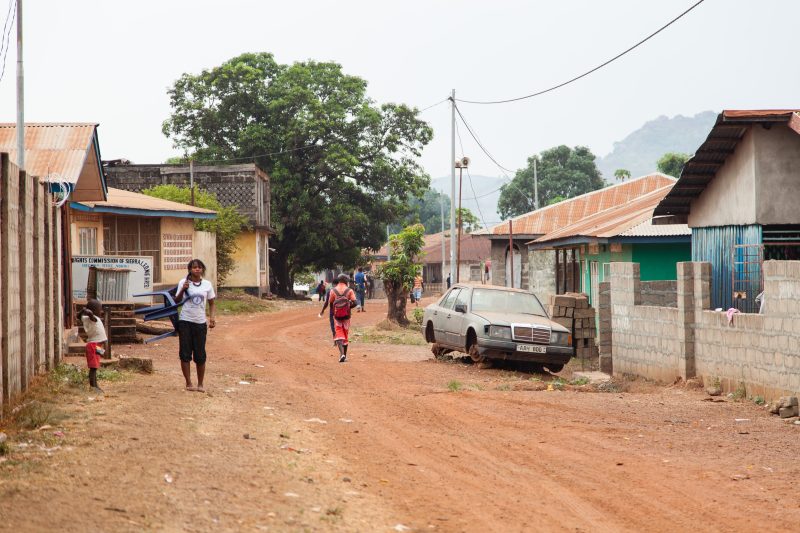
Status: On-going
Makeni City Project
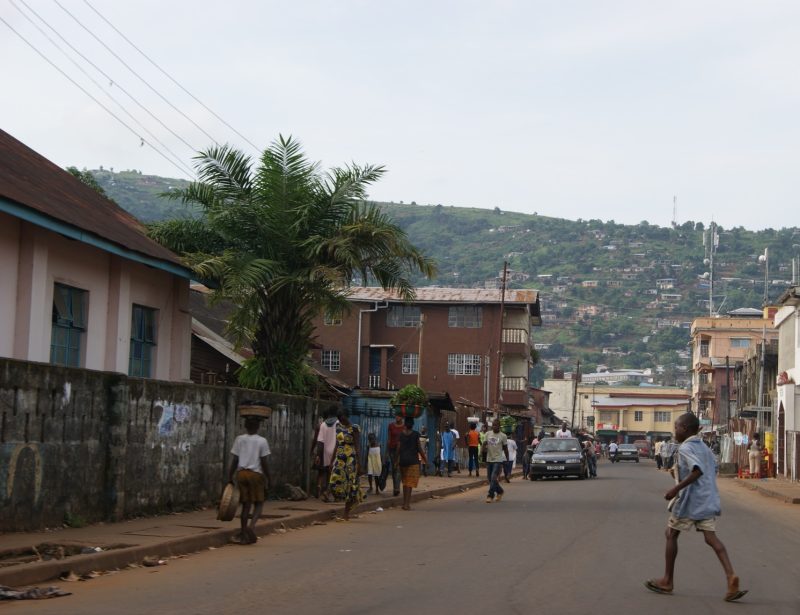
Status: On-going
Kenema City Project
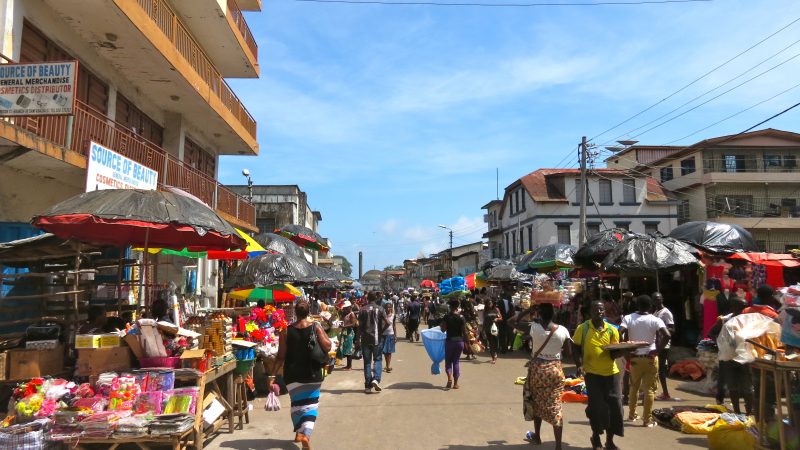
Status: On-going
Freetown City Property Tax Reform
Upcoming Publications
Research & Publications
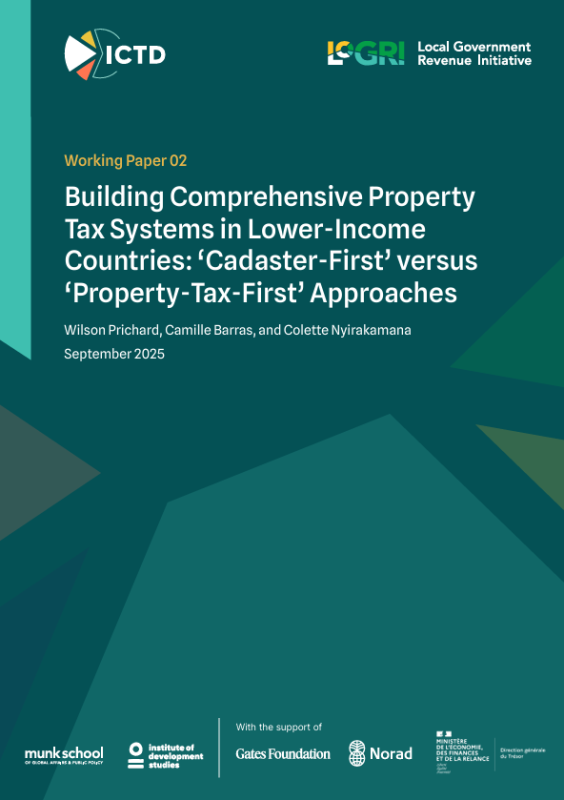
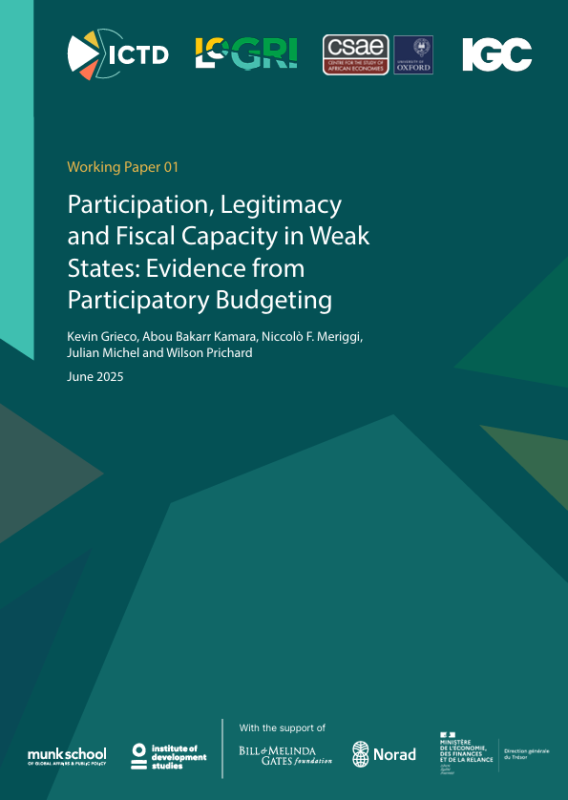
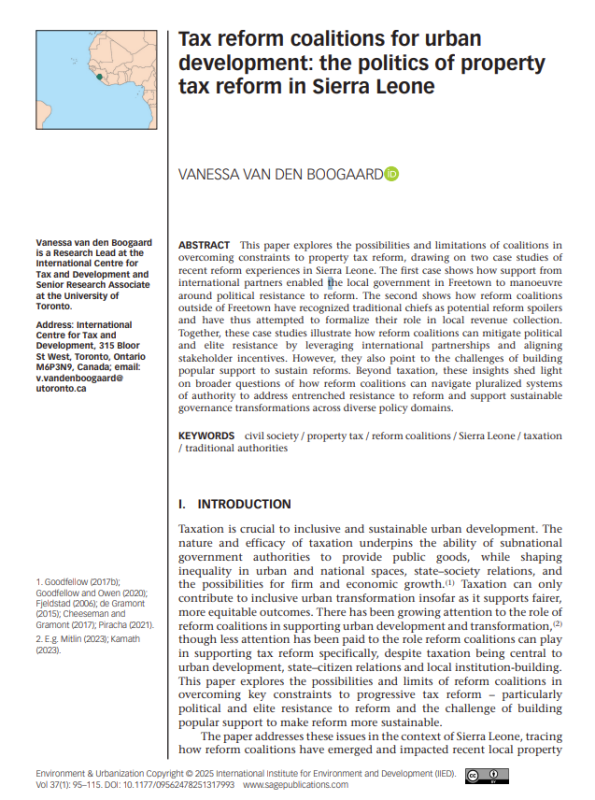
Related Media
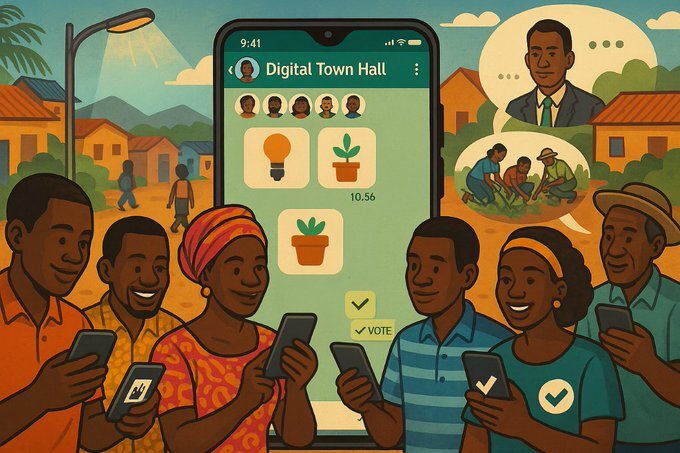
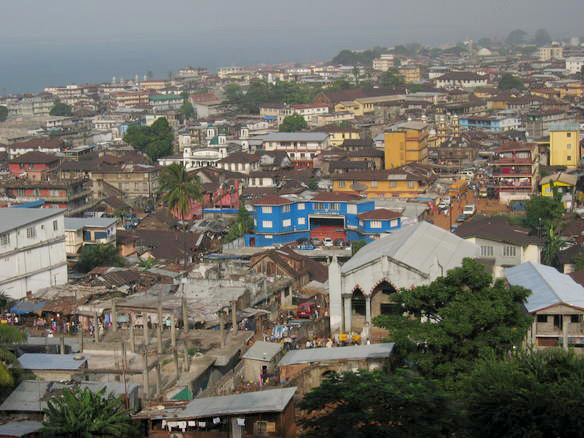

Photo credit to Unsplash / Random Institute

